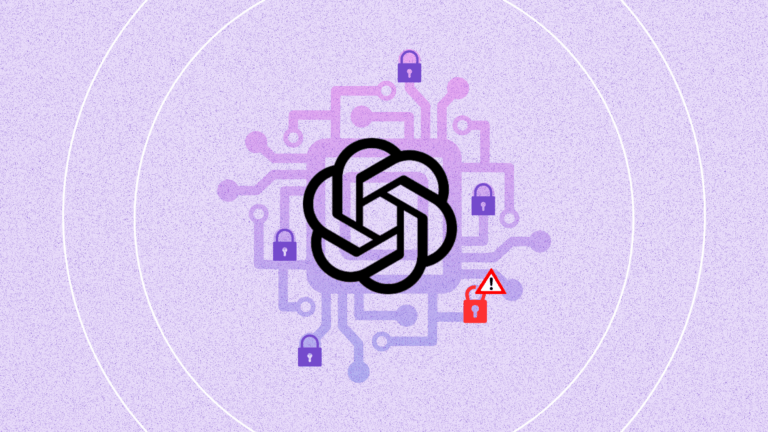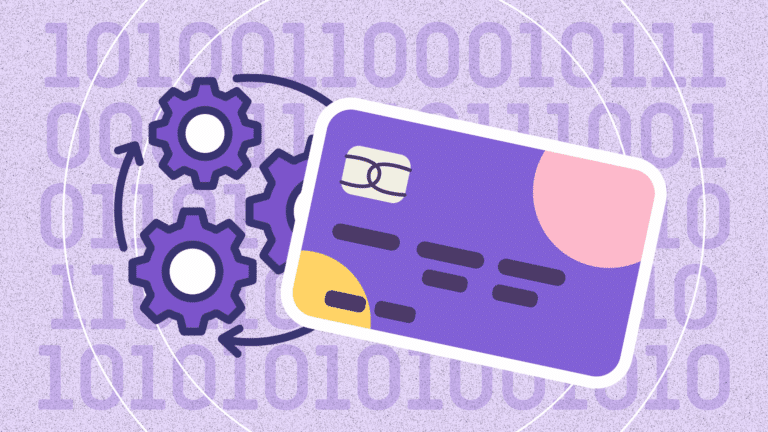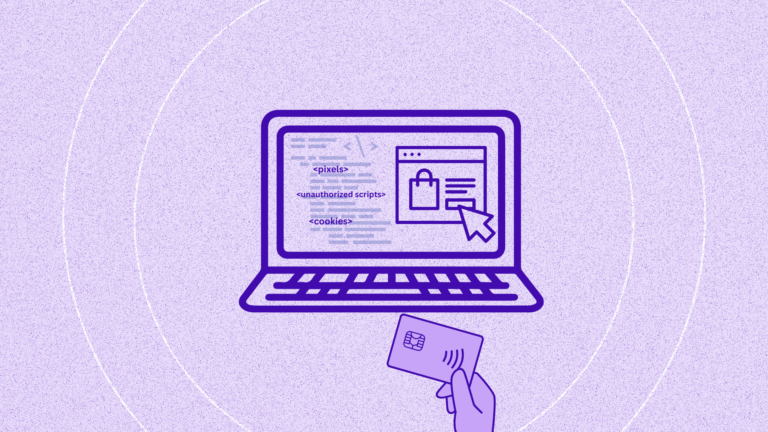Processor – the person, public authority, agency or other body that processes the data on behalf of the data controller.
A Data Processor is an individual or organization that processes personal data on behalf of a Data Controller. The Data Processor acts under the instructions of the Data Controller and does not have ownership or control over the data. Instead, the Data Processor handles the data according to the terms set out by the Data Controller.
- Role and Responsibilities: The Data Processor’s primary role is to perform specific tasks related to data processing, such as collecting, storing, organizing, or analyzing data. The Processor must ensure that the data is processed securely and in compliance with any legal and contractual obligations.
- Lack of Control: Unlike the Data Controller, the Data Processor does not determine the purposes or means of processing the personal data. Their actions are strictly guided by the instructions provided by the Data Controller.
- Legal Obligations: Under data protection laws such as the GDPR, Data Processors have specific legal obligations. They must implement appropriate technical and organizational measures to protect personal data and may be held liable for breaches of data protection regulations.
- Contracts: A formal contract or data processing agreement (DPA) is typically required between the Data Controller and the Data Processor. This contract outlines the scope of the processing, security measures, and the responsibilities of both parties.
Example:
- Cloud Storage Provider: If a company (Data Controller) uses a cloud service provider to store personal data, the cloud service provider acts as the Data Processor. The provider processes and stores the data on behalf of the company according to the company’s instructions.


